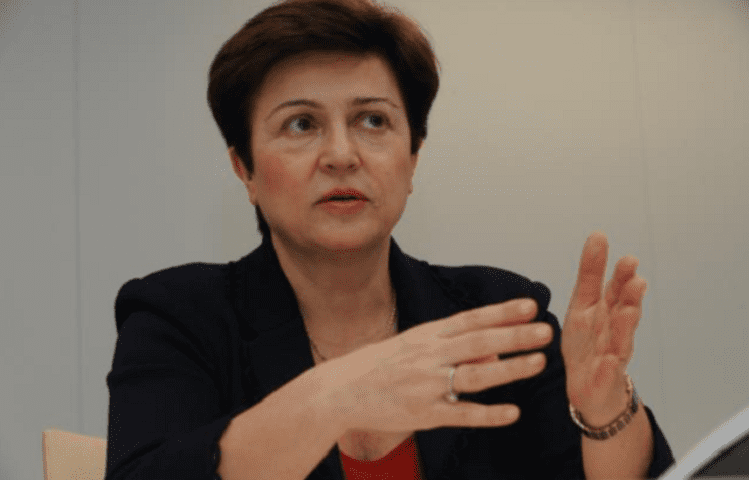Gloomy IMF: The difficult future of the global economy
Global trade is no longer the engine of growth that it once was, but it has not become a burden either, said the head of the IMF, emphasizing that decades of interdependence were still a barrier to the wave of trade restrictions that started after the covid pandemic.
Increasingly pronounced protectionism and increasing trade restrictions are harming the global economy, limiting trade growth and holding back the already weakened world economy, said Georgieva, who began her second five-year term at the head of the IMF this month.
Among the rare good news, she singled out the easing of inflation and the return of stable prices, along with the orderly improvement of the situation on the labor market in the United States and Europe.
China is slowing down, India is accelerating, the American economy is doing quite well, but Europe can do better, said Georgieva.
“Our forecasts point to a difficult combination of weak growth and high indebtedness, i.e. a difficult future,” said Georgieva, pointing to mixed economic forecasts for the world’s major players.
Stubbornly high prices
Growth as a whole will not be enough to eradicate poverty in the world, to create the necessary number of jobs or generate the tax revenues needed to service the huge debt and finance investments, the director of the IMF estimated.
Stubbornly high prices disproportionately affect the poor, and the conflict in the Middle East could escalate and destabilize regional economies and global commodity markets, she warned, adding that she was also worried about the increase in military spending, as it reduces available funds for other priorities, including aid to developing countries.
The outlook is bleak, but much can be done to boost growth, reduce debt and build a more resilient economy, she stressed, pointing out that countries can work together to preserve the benefits of trade, ensure fiscal space for a green transition and end fossil fuel subsidies.
Source: Agencies
Photo: Pixabay, BetaAP
Source: bizlife.rs


